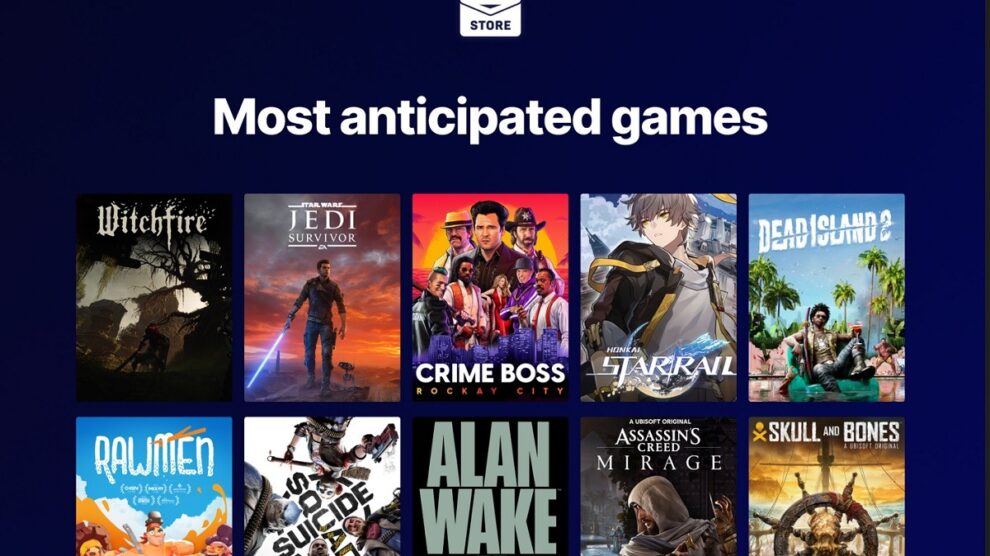In a legal showdown with profound implications for the future of digital markets, Epic Games’ CEO, Tim Sweeney, stepped onto the stage in a San Francisco courtroom. Monday’s trial marked a pivotal moment as Sweeney presented his case, vehemently opposing Google’s alleged monopolistic practices.
The Allegation: Google’s App Distribution Monopoly
Sweeney’s testimony honed in on Google’s stranglehold on the app distribution market, asserting that it smothers competition and inflicts harm upon consumers. Central to his argument was the contention that Google’s 30% commission on in-app purchases constitutes an unjustifiable burden on developers, ultimately inflating costs for consumers.
Epic’s Crusade for Competition
At the forefront of the battle against Google’s app store monopoly, Epic Games initiated an antitrust lawsuit in 2020. The core claim posits that Google’s grip on the Android operating system and the Google Play Store stifles healthy competition and detrimentally impacts consumers.
Sweeney’s compelling narrative underscored how Google’s policies disproportionately affect developers, emphasizing that the 30% commission is notably higher than fees levied by other app stores, including Apple’s App Store.
Epic contends that Google’s exorbitant fees lack justification in terms of the company’s expenses and contribute to inflated prices for both apps and in-app purchases, thereby harming consumers.
Google’s Counterargument
In defense of its app store policies, Google asserts that these measures are crucial to maintaining a high-quality user experience and protecting users from malicious apps. The company contends that its 30% commission aligns with industry standards.
However, critics, including Sweeney, argue that Google’s dual role as the operator of the Android system and the overseer of the Google Play Store creates a conflict of interest. This, they claim, bestows an unfair advantage upon Google, stifling competition and impeding the growth of alternative app stores and developers.
The Broader Tech Giant Power Struggle
Beyond the specifics of the Epic vs. Google case, a larger debate looms over the power wielded by tech giants. Critics, pointing fingers at Google, Apple, Amazon, and Meta, argue that their amassed power stifles competition, posing harm to consumers. The rallying cry for more stringent antitrust enforcement and new regulations resounds in these circles.
The Verdict’s Ripple Effect
The outcome of the Epic vs. Google case carries weighty implications for the digital market’s trajectory. Should Epic emerge victorious, it might compel Google to revise its app store policies, paving the way for increased competition. This, in turn, could translate to lower prices for consumers and a more diverse landscape for developers.
Conversely, a win for Google could cement its dominance in the app distribution realm, potentially tightening its grip and raising barriers for aspiring competitors.
The court’s decision, anticipated in the coming months, ensures that the Epic vs. Google saga remains under the watchful eyes of industry observers and policymakers alike. The verdict will undoubtedly shape the future dynamics of digital markets, leaving an indelible mark on the ongoing discourse surrounding tech giants and their influence.










Add Comment